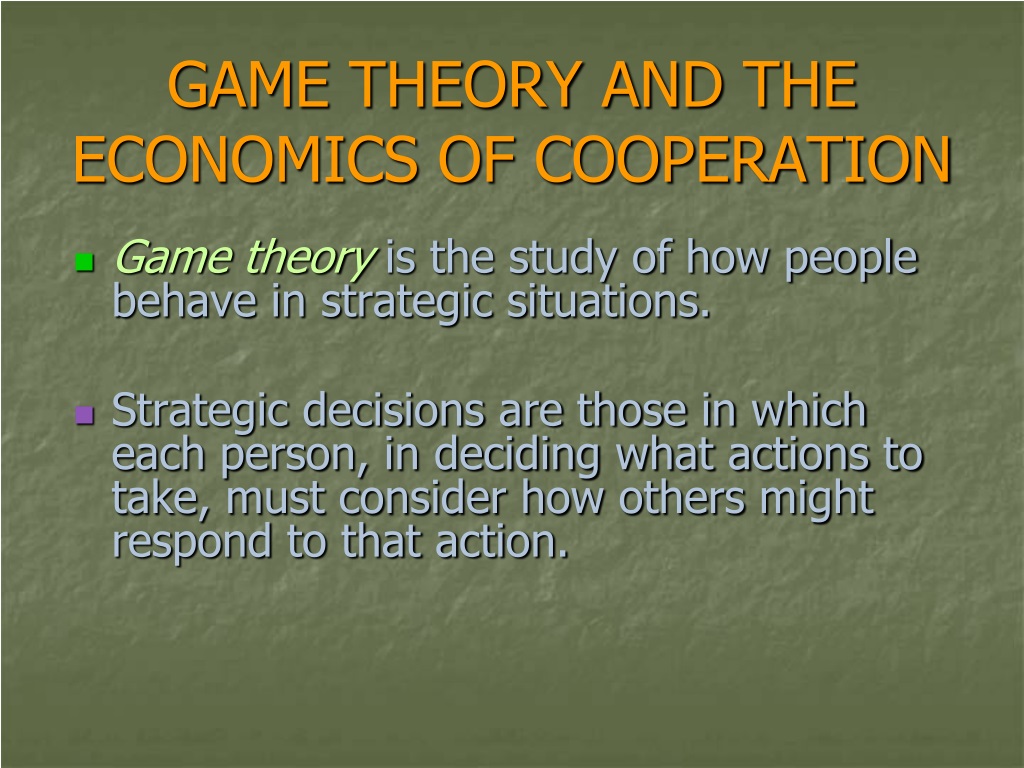 Many are arguing that the internet and social networking are the cause of an erosion of personal and private boundaries. There’s little doubt that they’re right in some broad sense. But does the causal relation go one way? While social networks and the ability to post anything and everything to the web may undermine a person’s ability to keep their private lives private, the voluntary use of this technology may actually be a product of a growing insensitivity to the need for privacy on the part of its users. My previous article, “Privacy: A Thing of the Past?”, concluded with the conjecture that the popularity of reality TV and its exposure of private, personal details, along with the lack of self-control on the part of cast members, have contributed to a “softening” of views on privacy by the show’s viewers. Prior to this, I examined the scope and importance of privacy and offered scenarios in which traditional privacy boundaries seem to be eroding. Moreover, I posed the question, “Why does public disclosure of details of one’s private life seem to occur more frequently today?” This question led to the conjecture in the conclusion of the article. In this installment, I examine other factors that may have contributed to this “softening” of traditional privacy boundaries.
Many are arguing that the internet and social networking are the cause of an erosion of personal and private boundaries. There’s little doubt that they’re right in some broad sense. But does the causal relation go one way? While social networks and the ability to post anything and everything to the web may undermine a person’s ability to keep their private lives private, the voluntary use of this technology may actually be a product of a growing insensitivity to the need for privacy on the part of its users. My previous article, “Privacy: A Thing of the Past?”, concluded with the conjecture that the popularity of reality TV and its exposure of private, personal details, along with the lack of self-control on the part of cast members, have contributed to a “softening” of views on privacy by the show’s viewers. Prior to this, I examined the scope and importance of privacy and offered scenarios in which traditional privacy boundaries seem to be eroding. Moreover, I posed the question, “Why does public disclosure of details of one’s private life seem to occur more frequently today?” This question led to the conjecture in the conclusion of the article. In this installment, I examine other factors that may have contributed to this “softening” of traditional privacy boundaries.
Along with reality TV, social networking is one of the fastest growth areas in technology. Social networking is an umbrella term for websites and services that provide a medium for interacting with others, enabling personal commentary, creating the ability to engage in discussions and user groups, publishing personal photos and videos and even finding a date for Friday night. Websites such as My Space, Facebook, Twitter, Google +, You Tube, and Flickr are some of the most popular social networking sites in the world. The explosion of social networking has revolutionized communications to the point that, for many people, social networking sites are a significant means of forming and maintaining relationships. The phenomena of reality TV and social networking have changed our perceptions of privacy. For older people, the idea that most of your personal life will be revealed online or on TV is detestable. Having a private life seems to be something that this new generation does not have. Does this mean that teenagers and young adults today do not cherish privacy? Certainly not. It means that perceptions of privacy have changed and, for some, these changes are a result of an inevitable evolution of thought produced by the global and technological age that we live in today. Traditionally, private personal details were kept “close to the vest” and not shared publicly as we see today. This is not the case anymore.
I was reading an article on the appropriate use of social media by employees and I came across this statement by a lawyer named Jeffrey Klein. Klein succinctly stated, “Facebook and Twitter have, in many instances, supplanted the cafeteria or the break room, as the place for employees to gather to communicate.” Facebook, Twitter, and other sites have supplanted traditional means of relating to one another. During this process of forming and maintaining relationships via social network services, private, personal details will inevitably be disclosed and, at times, these details are disclosed to the public. Social networking sites have supercharged the ability to make the private public. It it changing the way we think about interacting with other humans. While much of it is healthy, there is a the real risk of harm.
Willful disclosures of intimate information can produce unintended consequences. By not carefully using social networks, you may put yourself at risk of losing your job, or losing a friend. You may unwittingly post comments that can be easily taken out of context and your declaration of a particular relationship status or un-friending someone can cause problems. These possible liabilities, along with the benefits of social networking (e.g. communicating with family and friends who live far away, keeping up with someone’s achievements, forming new friendships, etc.) has created a new—and largely untested—frontier in communications. Like reality TV, there is a possibility that the disclosure of private personal details on social networking sites produces a “softening” of traditional privacy boundaries. However, is it plausible and, more importantly, what are the ethical implications of a more relaxed view of privacy? These are new frontiers moral philosophers will need to explore in the coming decade.
The plausibility of a connection between these two social phenomena and the everyday scenarios offered in the introduction of the last article is worth considering. This conjecture is not a condemnation of reality TV and social networking. The dynamics these two elements have produced can be beneficial. Still, most agree that privacy is a good cherished by society and the scenarios presented run counter to the typical understanding of the scope of privacy. In other words, in my experience, most people feel that it is harmful to disclose sensitive, personal details to a broad, public audience. Nonetheless, while conducting an appraisal on the two components of this conjecture—frequent occurrences of these uncomfortable situations and the influence of reality TV and social networking—it can be easy to commit a post hoc ergo propter hoc fallacy. More evidence needs to be gathered to make the connection. I present the conjecture here as an hypothesis to explore.
It is difficult to determine the extent by which sites such as Facebook and My Space and shows such as Big Brother and The Bachelor have changed perceptions of privacy, but it is not wrong to argue that these sites and television programs have been a force for a modified view of privacy. Couple this with the age-old longing for intimacy and friendship that humans possess and you have a recipe for change; a change that is not desired and enjoyed by all.







